In the face of an anticipatable uptick in Chinese pressure in the years to come, the capabilities of Taiwan’s next group of leaders will be challenged as they seek to bolster public confidence in Taiwan’s resiliency and generate support for policies to strengthen Taiwan’s security and well-being, writes Ryan Hass. This piece originally appeared in the Taipei Times.
The year 2021 began with triumphal statements from Chinese leaders about “time and momentum” working in China’s favor. The year ends with American power in Asia on the rise and China’s power falling, according to the Asia Power Index, an annual data-driven assessment of relative power of states in the Indo-Pacific conducted by the Lowy Institute.
These findings undercut China’s preferred strategic narrative. Beijing’s goal is to generate broad acceptance that China represents the future, America is in decline, and other countries would be wise to tether themselves to China’s rise rather than get pulled down by the United States.
Chinese officials’ efforts to sell a narrative of America’s decline are likely to enjoy less purchase (outside of China) than they might have one year ago. The United States has made measurable progress over the past year in curbing COVID-19; reinvigorating international alliances and partnerships; restoring global leadership on climate, human rights, and public health issues; investing in infrastructure at home; and lifting the U.S. economy. As Michael Fullilove and Hervé Lemahieu observed in Foreign Affairs, the United States is now the only major global economy forecast to be larger in 2030 than was predicted prior to the pandemic. And with the Summit for Democracy, the Biden administration reasserted America’s unrivaled convening capacity on the world stage.
Of course, the storyline of American renewal is not linear or irreversible. Many Americans hold deep concerns about the polarization of domestic politics and the risk of America’s institutions unraveling, particularly if leaders with anti-democratic impulses gain power in upcoming elections.
Turning to China, its foreign policy performance over the past year has been defined by retrenchment and assertive nationalism. China’s leaders have remained cloistered inside their own borders. They have reduced funding for Belt and Road Initiative projects. Chinese officials have bristled at criticism and lashed out at countries it perceives as challenging its interests, including Lithuania following its decision to open a Taiwan Representative Office. As a consequence, China’s image in the developed world arguably is at its lowest ebb since the Tiananmen massacre in 1989.
Domestically, China’s economic growth is decelerating. The country is on a demographic downslope, with a workforce that is projected to shrink by almost 20% from current levels by midcentury. Productivity growth is slowing, and China’s investment-driven economic model is losing vitality. Beijing is damaging its own growth potential by cracking down on its most innovative sectors, including its high-tech sector.
To be clear, China’s economy is still growing and likely will continue to do so well into the future. China’s military continues to field new capabilities, many of which appear designed to try to forestall American involvement in any future cross-Strait contingency. China continues to strengthen its foothold in various parts of the world, relying primarily on the power of its pocketbook to make inroads. China’s leaders remain largely capable of curating the national narrative inside China through their tight information controls. Xi Jinping also remains firmly in control of the levers of power and is virtually assured of a third term at the 20th Party Congress in 2022. In other words, China remains an enduring but constrained competitor.
For these reasons and more, China’s leaders by all outward appearances remain confident of their country’s growth path. This assuredness in China’s continued rise justifies Xi’s public calls for patience on reaching a long-term resolution on Taiwan. Beijing’s strategic patience likely will not diminish its near-term focus on taking visible actions to push Taiwan affairs in its preferred direction, though. China’s leaders clearly remain focused on working to change the character of cross-Strait relations in their favor.
Just in recent months, Beijing flew an unprecedented number of military sorties through Taiwan’s air defense identification zone around the same time as the United States and its allies conducted a major naval exercise in the South China Sea. Chinese authorities also orchestrated the flip of Nicaragua’s diplomatic relations from Taipei to Beijing to coincide with Taiwan’s participation in the Summit for Democracy.
Looking forward, Beijing may intensify efforts to interfere in Taiwan’s politics over the next two years. Even though China’s leaders are facing headwinds, they still have bandwidth and incentive to try to create a political environment in Taiwan conducive to their preferences for the 2024 election. Beijing almost surely will seek to create disfavor for candidates it opposes and tailwinds for candidates that support its vision for the development of cross-Strait relations. These efforts likely will gain more visible expression in the run-up to local elections next year, the results of which could shape the mood of voters heading into 2024 presidential and legislative elections.
Beijing’s unrelenting pressure will test the mettle of Taiwan’s leaders. Fortunately, President Tsai Ing-wen is pragmatic and cool-headed, attributes that should help her lead Taiwan through the coming storm with a steady hand. In the face of an anticipatable uptick in pressure in the years to come, the capabilities of Taiwan’s next group of leaders also will be challenged as they seek to bolster public confidence in Taiwan’s resiliency and generate support for policies to strengthen Taiwan’s security and well-being.
The Brookings Institution is committed to quality, independence, and impact.
We are supported by a diverse array of funders. In line with our values and policies, each Brookings publication represents the sole views of its author(s).

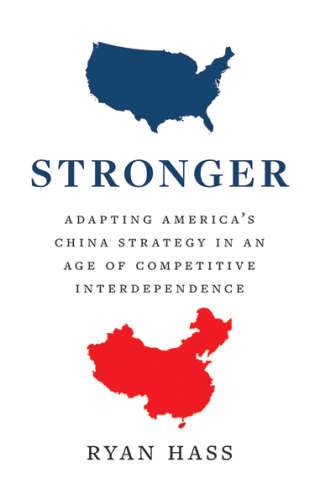
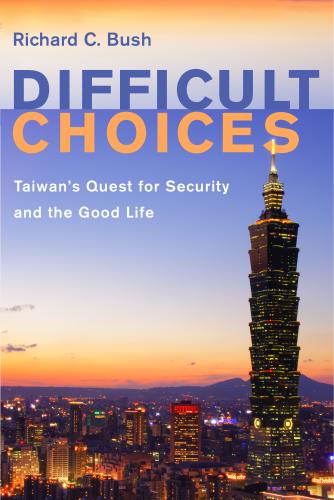
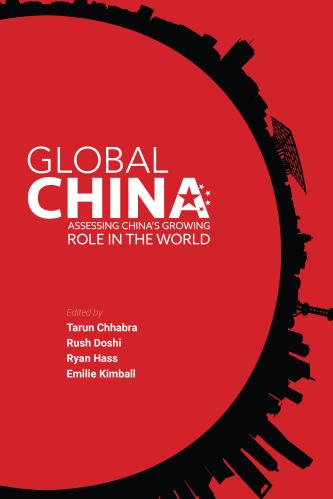
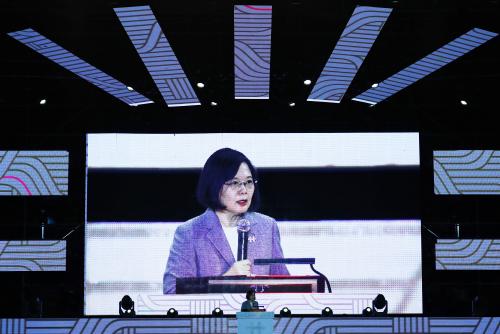
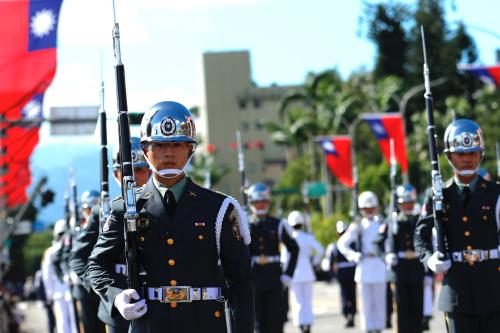
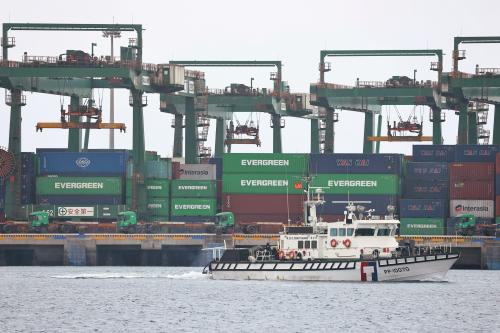


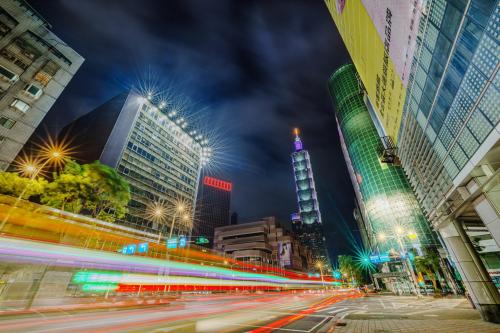

Commentary
Steadying Taiwan for a storm on the horizon
December 27, 2021